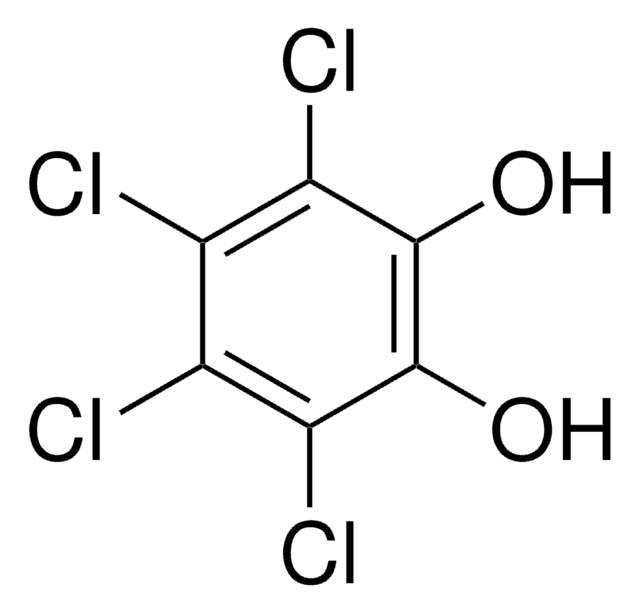49637
1-Methyl-3-propylimidazolium iodide
≥98.0% (HPLC)
Synonym(s):
MPII
Sign Into View Organizational & Contract Pricing
All Photos(1)
About This Item
Empirical Formula (Hill Notation):
C7H13IN2
CAS Number:
Molecular Weight:
252.10
MDL number:
UNSPSC Code:
12352100
PubChem Substance ID:
NACRES:
NA.22
Recommended Products
Quality Level
Assay
≥98.0% (HPLC)
impurities
≤0.3% water
≤50 mg/kg chloride and bromide
SMILES string
[I-].CCC[n+]1ccn(C)c1
InChI
1S/C7H13N2.HI/c1-3-4-9-6-5-8(2)7-9;/h5-7H,3-4H2,1-2H3;1H/q+1;/p-1
InChI key
IVCMUVGRRDWTDK-UHFFFAOYSA-M
Related Categories
General description
1-Methyl-3-propylimidazolium iodide can be prepared by reacting 1-methylimidazole and propyl iodide.
Application
MPII in combination with poly(vinylidenefluoride-co-hexafluoropropylene) (PVDF-HFP) forms an ionic liquid polymer gel electolyte, which can be used in dye-sensitized nanocrystalline titanium dioxide (TiO2) solar cells.
Non-aqueous electrolyte for dye-sensitized solar cells.
Storage Class Code
10 - Combustible liquids
WGK
WGK 3
Flash Point(F)
Not applicable
Flash Point(C)
Not applicable
Personal Protective Equipment
dust mask type N95 (US), Eyeshields, Gloves
Choose from one of the most recent versions:
Already Own This Product?
Find documentation for the products that you have recently purchased in the Document Library.
Customers Also Viewed
High efficiency dye-sensitized nanocrystalline solar cells based on ionic liquid polymer gel electrolyte.
Wang P, et al.
Chemical Communications (Cambridge, England), 24, 2972-2973 (2002)
Influence of various cations on redox behavior of I- and I 3- and comparison between KI complex with 18-crown-6 and 1, 2-dimethyl-3-propylimidazolium iodide in dye-sensitized solar cells.
Shi C, et al.
Electrochimica Acta, 50(13), 2597-2602 (2005)
Mark W Kryman et al.
Langmuir : the ACS journal of surfaces and colloids, 32(6), 1521-1532 (2016-01-23)
A library of six selenorhodamine dyes (4-Se-9-Se) were synthesized, characterized, and evaluated as photosensitizers of TiO2 in dye-sensitized solar cells (DSSCs). The dyes were constructed around either a bis(julolidyl)- or bis(half-julolidyl)-modified selenoxanthylium core functionalized at the 9-position with a thienyl
Thomas Stergiopoulos et al.
Nanoscale research letters, 6(1), 307-307 (2011-06-30)
The presence of specific chemical additives in the redox electrolyte results in an efficient increase of the photovoltaic performance of dye-sensitized solar cells (DSCs). The most effective additives are 4-tert-butylpyridine (TBP), N-methylbenzimidazole (NMBI) and guanidinium thiocyanate (GuNCS) that are adsorbed
Peng Wang et al.
Chemical communications (Cambridge, England), (24), 2972-2973 (2003-01-23)
An ionic liquid polymer gel containing 1-methyl-3-propylimidazolium iodide (MPII) and poly(vinylidenefluoride-co-hexafluoropropylene) (PVDF-HFP) has been employed as quasi-solid-state electrolyte in dye-sensitized nanocrystalline TiO2 solar cells with an overall conversion efficiency of 5.3% at AM 1.5 illumination.
Our team of scientists has experience in all areas of research including Life Science, Material Science, Chemical Synthesis, Chromatography, Analytical and many others.
Contact Technical Service











